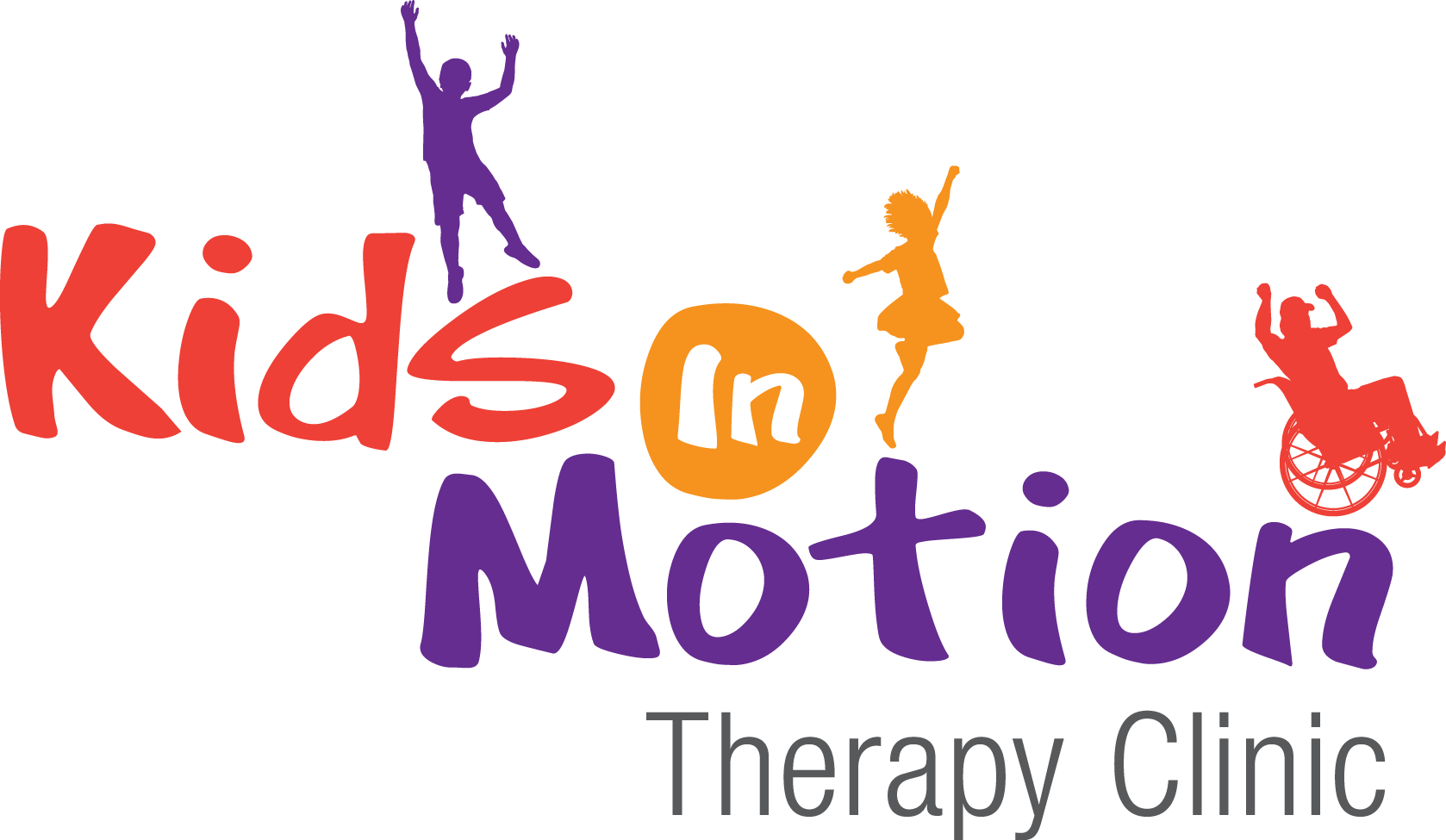Occupational Therapy Services




WHAT DOES A PEDIATRIC OT DO?
Pediatric Occupational Therapists (OTs) are practitioners who deliver skilled occupational therapy services to children and their families. They help children participate in their daily occupations, or everyday activities. This includes anything from being able to ride the school bus to getting ready for bed at night. OTs help children and their families work towards participation in their various occupations/activities at home, school, and the community. Pediatric occupational therapists work with children with a wide range of diagnoses from infancy through adolescence. The occupational therapist works in close partnership with the child’s family and other members of the rehabilitation team in order to establish a personalized treatment plan and work towards goals that are meaningful and important to the child and the family.
WHY SEE A PEDIATRIC OT?
-
Delays in development / difficulty reaching developmental milestones
-
Difficulty participating in daily occupations
-
Impaired coordination and motor planning
-
Impaired hand-eye coordination
-
Genetic or neurodevelopmental disorders
-
Negative behaviors, difficulty with social skills, difficulty with interpersonal relationships
-
Difficulty with attention and memory
BENEFITS
-
Improved participation in daily occupations
-
Help establish routines and improve positive behaviors
-
Improved sensory processing
-
Improved motor development of both fine and gross motor skills
-
Improved visual processing and hand-eye coordination
-
Improved play skills
-
Support for caregivers
-
Increased independence with basic daily tasks such as dressing, bathing, feeding
-
Increased positive behaviors in different environments
-
Improved attention and memory
-
Development of social skills and interpersonal relationships
-
To evaluate for the need of adaptive equipment
WHAT TO EXPECT DURING AN OT SESSION
-
Interview to identify a child’s needs and family’s concerns and goals
-
Examination and evaluation of the child’s function
-
Standardized tests to evaluate a child’s functional level
-
Evaluation for need of assistive or adaptive equipment
-
Interventions to work towards a child’s goals
FLEXIBLE CARE SETTING OPTIONS
Maximize benefits
Kids In Motion offers multiple, flexible care settings, giving families the ability to choose what works best for them and their children.
CENTER-BASED CARE

Kids In Motion offers multiple, flexible care settings, giving families the ability to choose what works best for them and their children.
Structure & Stability
Center-based care provides structure and stability, which are very important for many children.
No Extra Space Required at Home
Center-based care provides adequate space for families without extra space in their homes.
Use of Larger Equipment
Larger equipment, which is difficult and expensive to transport, can be installed and easily used at the center.
Fewer Distractions
Many children benefit from the decreased distractions in a center setting and are able to better focus on treatment sessions.
Wide Selection of Tools & Equipment
Center-based care allows therapists to choose from a wide selection of tools and equipment to meet children's needs.
Multiple Modalities Per Session
Therapists are able to use multiple different treatment modalities during one session.
HOME-BASED CARE

Kids In Motion offers multiple, flexible care settings, giving families the ability to choose what works best for them and their children.
Caregiver Empowerment
Caregivers are empowered by the learning opportunities they receive from close contact with the therapist. They learn valuable therapeutic tools to implement on a daily basis.
Incorporates Family's Resources
Caregiver education about a child’s therapy needs takes place within the the family’s routine and incorporates the family’s own resources.
Consistency & Follow-Through
Family involvement can lead to increased consistency and maximize results. Many families also notice improved follow-through with strategies, as the family takes an active role in the therapeutic process.
No Need for Transportation
The stress of transportation to and from a clinic is eliminated, which is a major barrier to care for many families.
Incorporated into Daily Life
Home-based therapists can ensure that equipment and strategies are appropriate and able to be implemented into the family’s daily life, which is important for many families and children.
Familiar & Natural Environment
Children seen in their home may be more relaxed since it is a familiar and comfortable environment. For children who function best this way, this can lead to increased participation and better outcomes.
Similarly, learning new skills in a natural environment can be more beneficial than in a simulated environment for many children.
NEED SERVICES?
Call 360-207-4434
Get In Touch
Phone: 360-207-4434
Fax: (360) 933-8076
Mailing Address:
Kids In Motion Therapy Clinic
4152 Meridian Street, Suite 105, PMB 159
Bellingham, WA 98226
Center Hours: M-F, 9am - 5pm
